-

Degree: B.S. History, Technology, and Society, 2014
Position: Geospatial Epidemiologist at the Centers for Disease Control and Prevention -
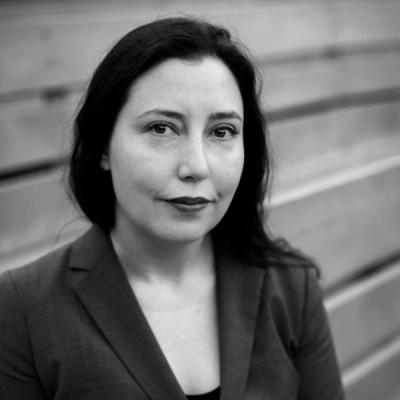
Degree: B.S. History, Technology, and Society, 2004
Position: Henry A. Logan Senior Professor of American History at Allegheny CollegeRibeiro says the coolest part of her job is introducing people the inner workings of racial, ethnic, and class barriers that shaped U.S. cities over time.
-
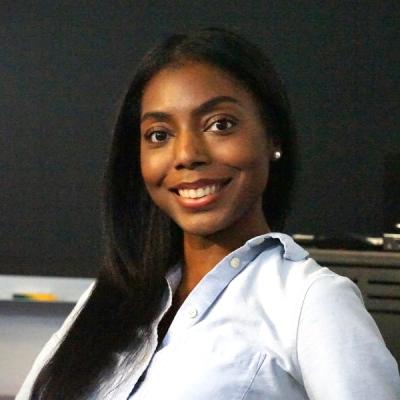
Degree: B.S. History, Technology, and Society, 2016
Position: Oral Historian at Dandelyons Studios in New York"Preserving stories isn’t nostalgia. It’s necessary," Wortham says.
-
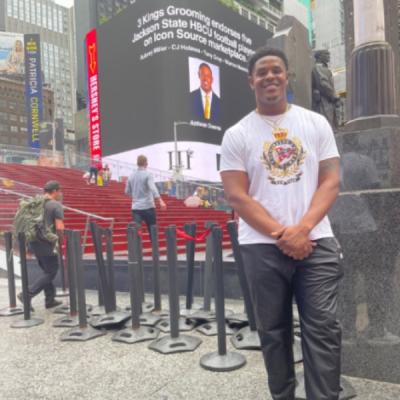
Degree: B.S. History, Technology, and Society, 2021
Position: Founder, The Owens Group ConsultingMaking history, and passing on the lessons learned, are all in a day's work for this Ivan Allen College alumnus.
-
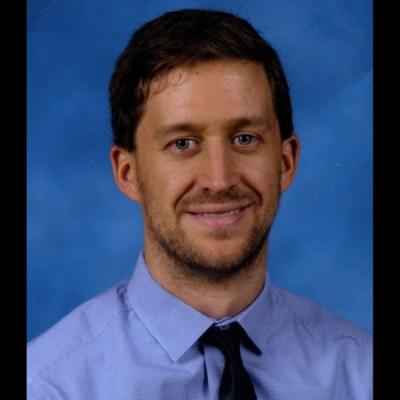
Degree: M.S. and Ph.D. History and Sociology of Technology and Science
Position: Historian and Archivist at BoeingJirout is passionate about history and preserving scientific knowledge for the future.
-
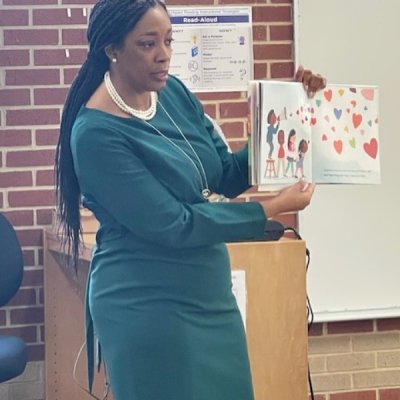
Degree: B.S. History, Technology, and Society, 2001
Position: Director of Family Services at Henry County Schools in McDonough, GeorgiaBethea leads enrollment and registration for over 42,000 students at Henry Country Schools.
-
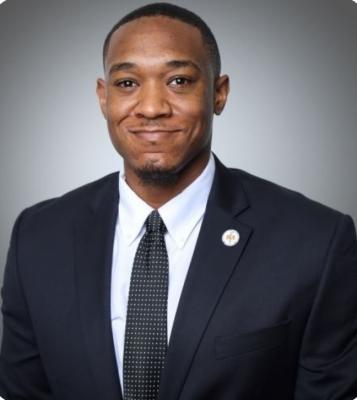
Degree: B.S. History, Technology, and Society, 2014
Position: Fourth-year Medical Student at Mercer University School of Medicine"Surgery is a specialty that brings out the bravest versions of me," Zanders says.
-

Degree: M.S. and Ph.D. in the History of Technology (now renamed History and Sociology of Technology and Science), 1995
Position: Grants Development Manager at Amplify PhilanthropyMorton does fundraising and grant writing work social justice agencies, hospitals, and academic institutions.
-

Degree: M.S. and Ph.D. in History and Sociology of Technology and Science, 2017
Position: Science Policy Analyst at the National Science FoundationBlevins says the coolest part of her job is "Having a front-row seat to some of the most exciting scientific discoveries of our time."
-
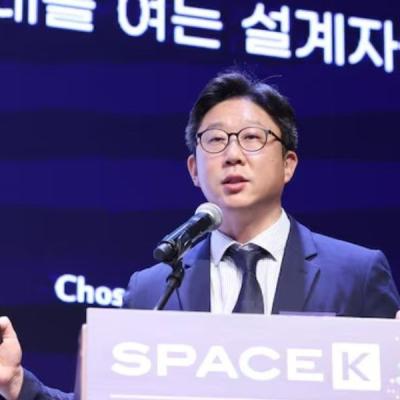
Degree: Ph.D. in the History and Sociology of Technology and Science, 2015
Position: Research Fellow at the Science and Technology Policy Institute in Sejong, South KoreaAn helps shape public policy by conducting research and providing expert consultation to government agencies.
-

Degree: Ph.D. History and Sociology of Technology and Science, 2008
Position: Founding Director of Science Gallery BengaluruBuilding from the ground up — sometimes literally at their new building — Phalkey created the first public lab space in India, supporting research and public engagement in the natural sciences, social sciences, engineering, and the arts.
-

Degree: Ph.D in the History and Sociology of Technology and Science, 2018
Position: Historian at the U.S. Army Corps of Engineers"My hope is that my work as a government historian preserving these materials will in some way contribute to broader histories undertaken in an independent, academic setting."
-

Degree: B.S. in History, Technology, and Society and M.S. of City & Regional Planning (College of Design)
Position: Transit Technologist at the Community Transportation Association of America"Public transportation touches on a lot of topics that I am very interested in, such as social justice, environmental sustainability, public health, and generally building better communities," Moreno says.
-

Degree: M.S. and Ph.D History and Sociology of Technology and Science, 2009
Position: Associate Professor of History at Georgia Gwinnett CollegeAlong with teaching history, Zander has also published books on history and historical fiction.
-
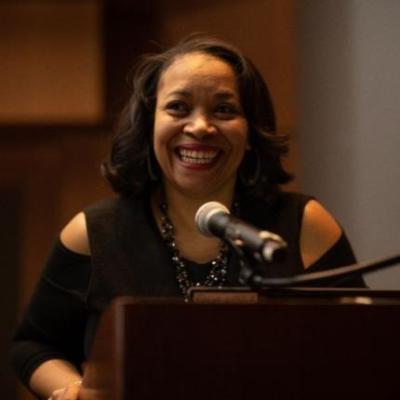
Degree: M.S. and Ph.D., History and Sociology of Technology and Science, 2014
Position: Director of the Office of Minority Educational Development at Georgia TechAtwaters is the 2022 recipient of the School of History and Sociology Distinguished Alumni Award.
